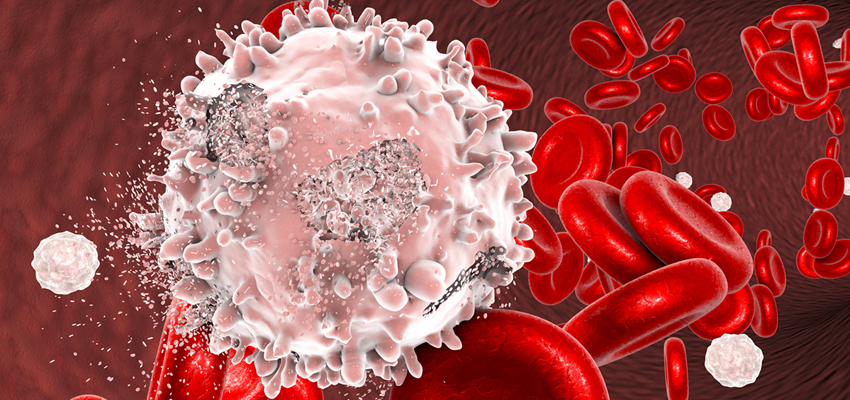Hematology & Oncology
Hematology and oncology are two closely related medical specialties that focus on the diagnosis, treatment, and management of diseases related to blood and cancer.
-
Hematology: Hematology is the branch of medicine that deals with the study of blood and blood-forming tissues, such as the bone marrow and lymphatic system. Hematologists diagnose and treat conditions such as anemia, bleeding disorders (like hemophilia), clotting disorders (like deep vein thrombosis), blood cancers (such as leukemia, lymphoma, and multiple myeloma), and disorders of the immune system (like autoimmune hemolytic anemia).
-
Oncology: Oncology is the branch of medicine that deals with the prevention, diagnosis, and treatment of cancer. Oncologists specialize in the management of various types of cancer, including solid tumors (such as breast, lung, prostate, and colon cancers) and hematologic malignancies (like leukemia, lymphoma, and myeloma). Oncologists use a combination of treatments, including surgery, chemotherapy, radiation therapy, immunotherapy, targeted therapy, and hormone therapy, to treat cancer and improve patient outcomes.
Hematologists and oncologists often work together as part of a multidisciplinary team to provide comprehensive care for patients with cancer and blood disorders. This collaborative approach ensures that patients receive personalized treatment plans tailored to their specific condition and individual needs.
In addition to diagnosing and treating cancer and blood disorders, hematologists and oncologists also play a crucial role in providing supportive care to patients, managing symptoms, addressing treatment side effects, and improving quality of life. They also conduct research to advance our understanding of cancer biology, develop new treatment strategies, and improve outcomes for patients with cancer and blood disorders.

